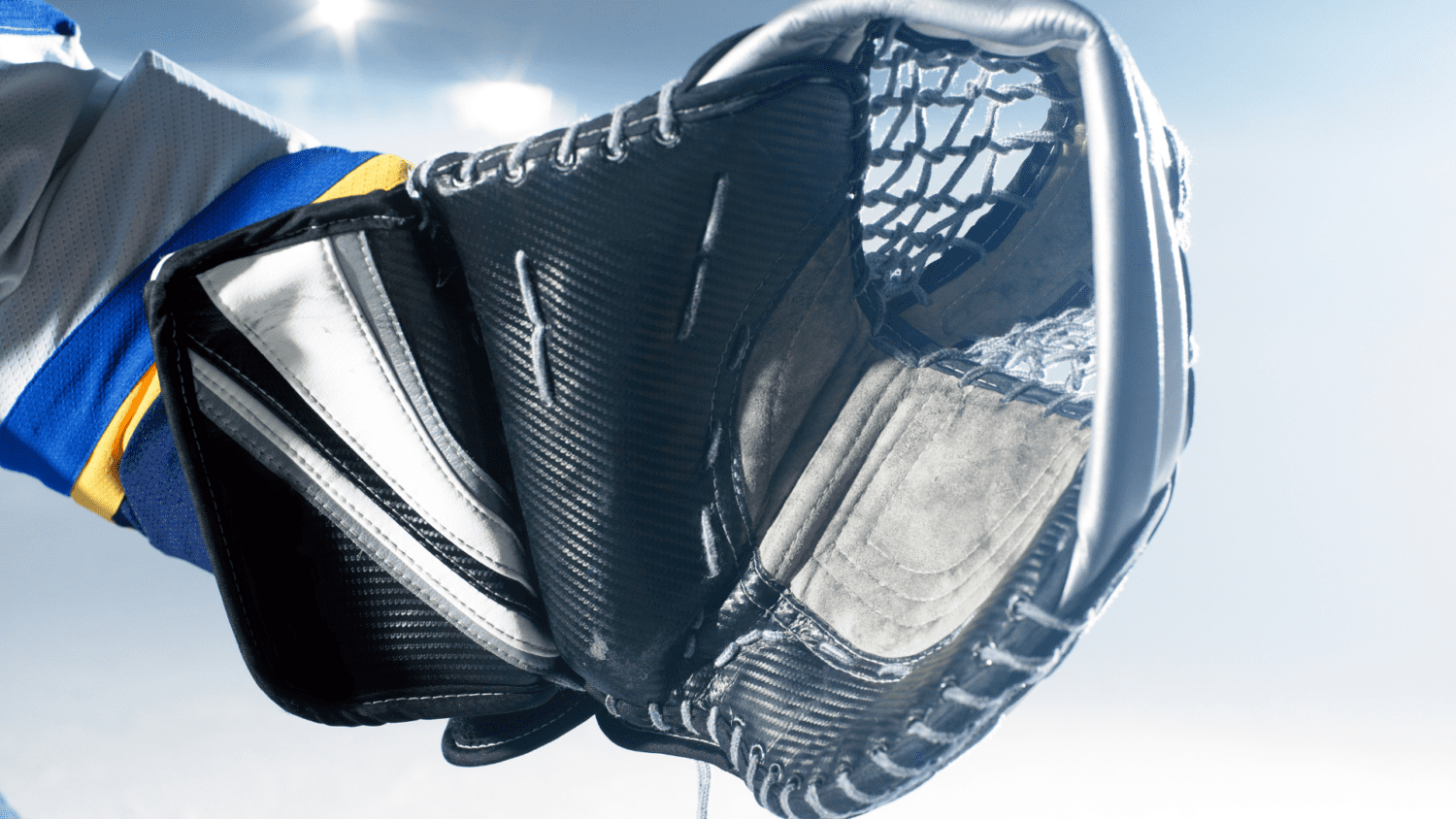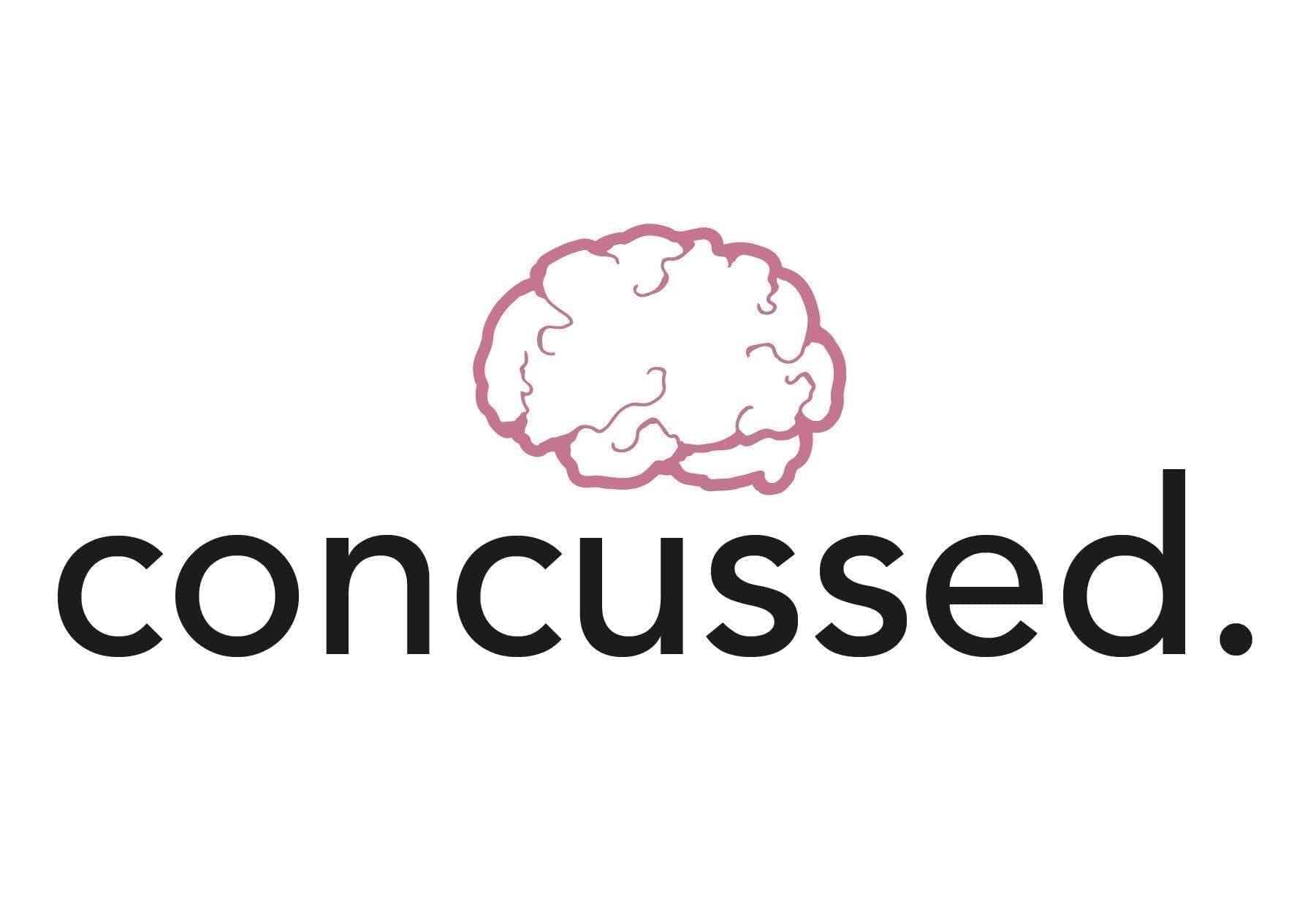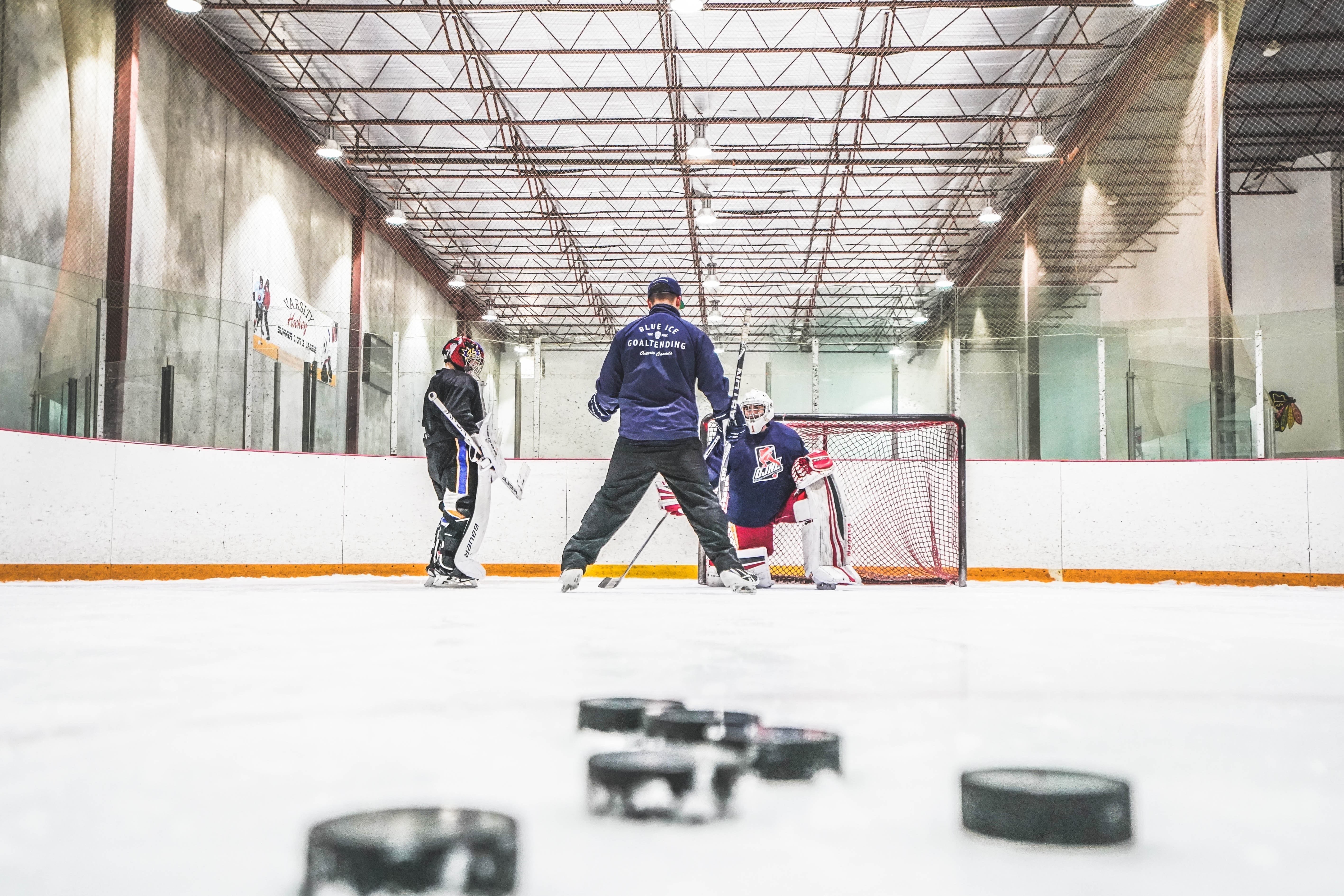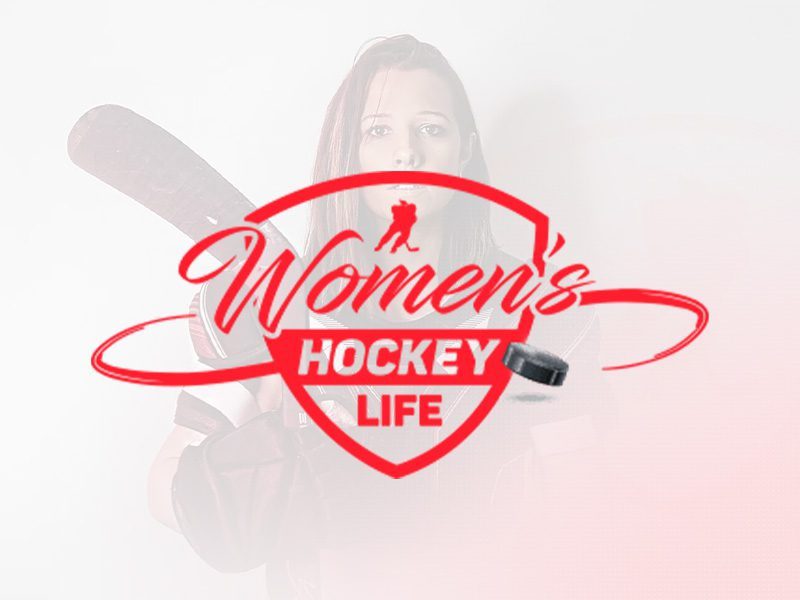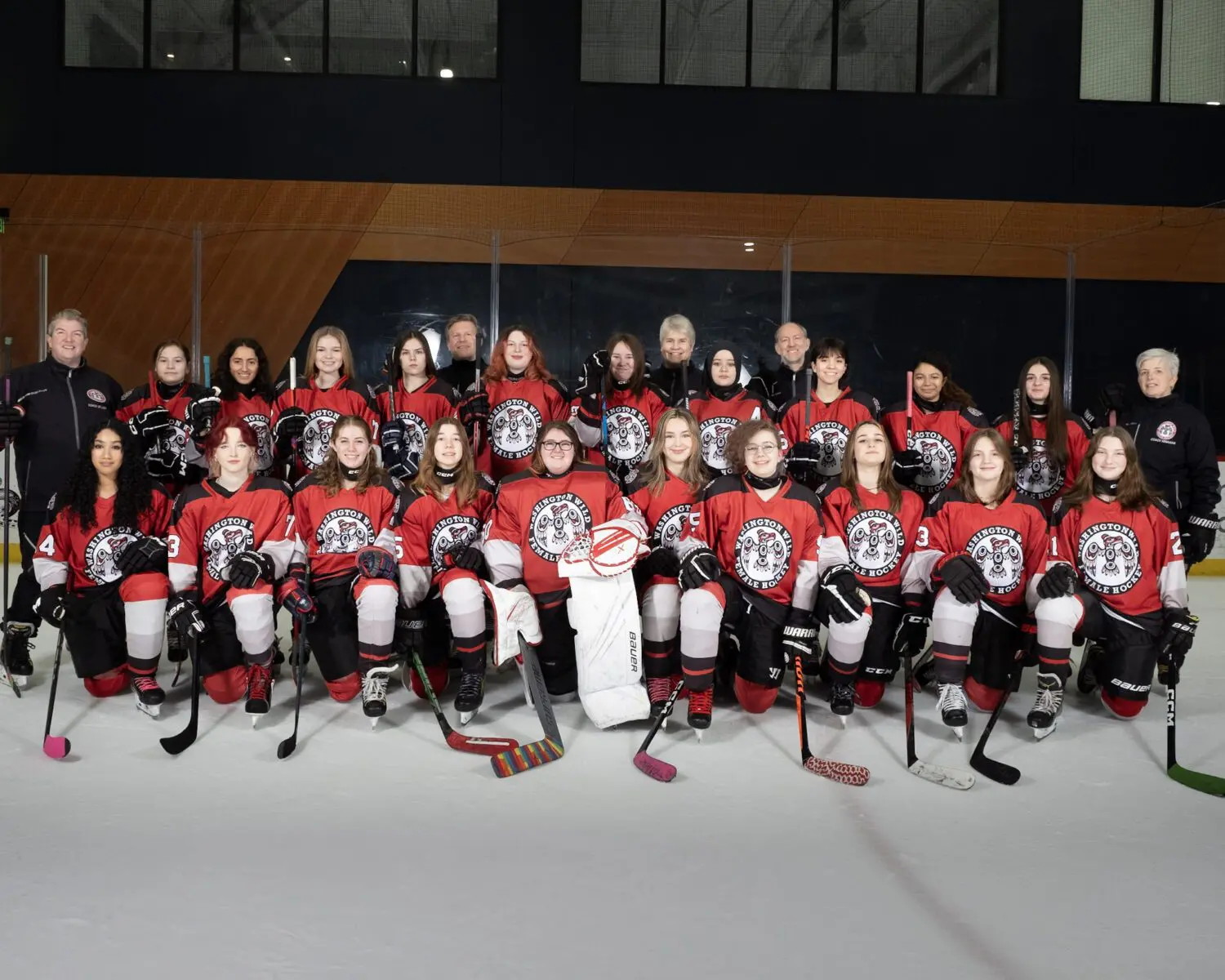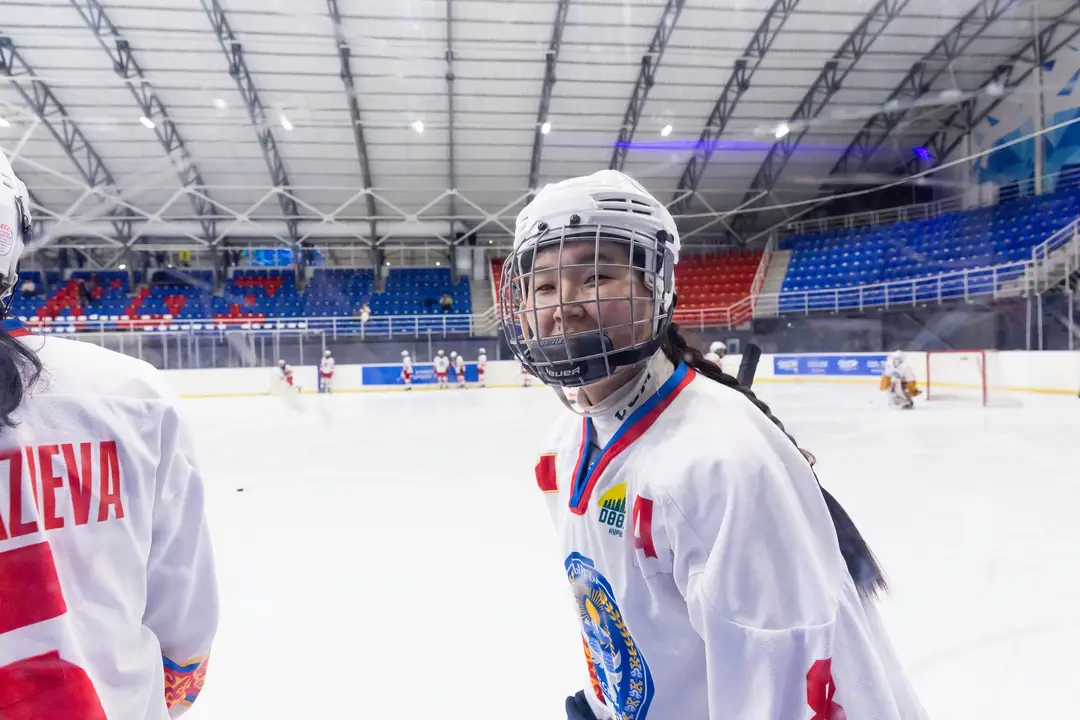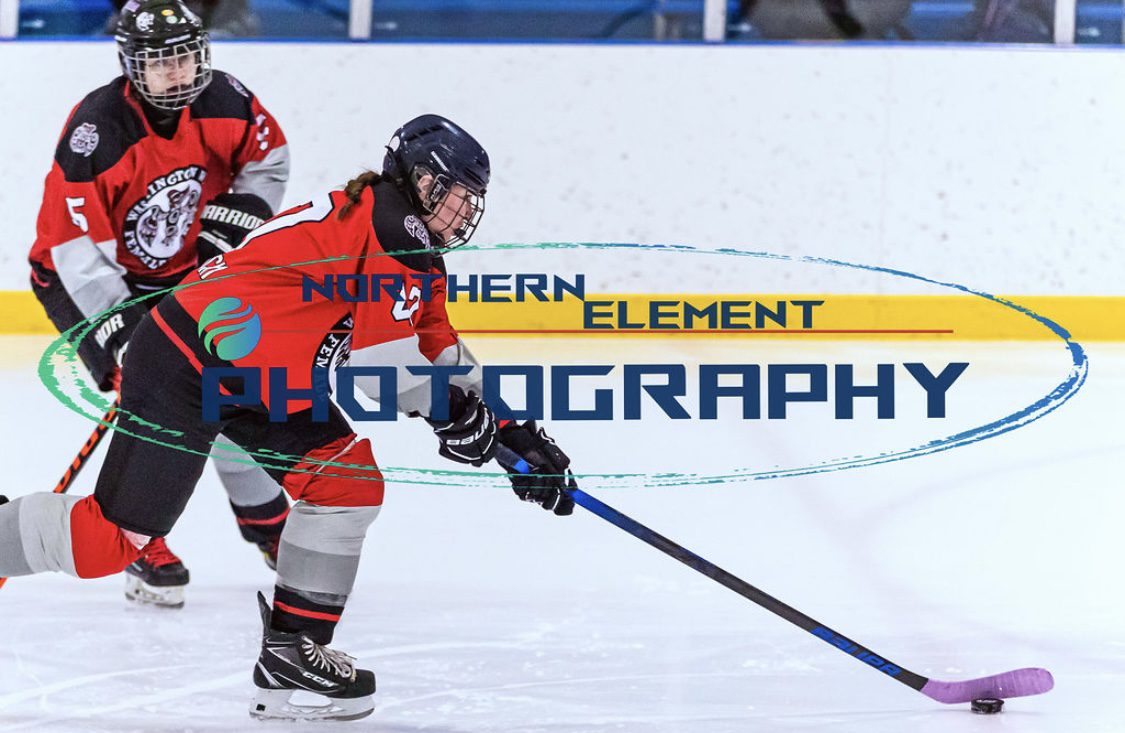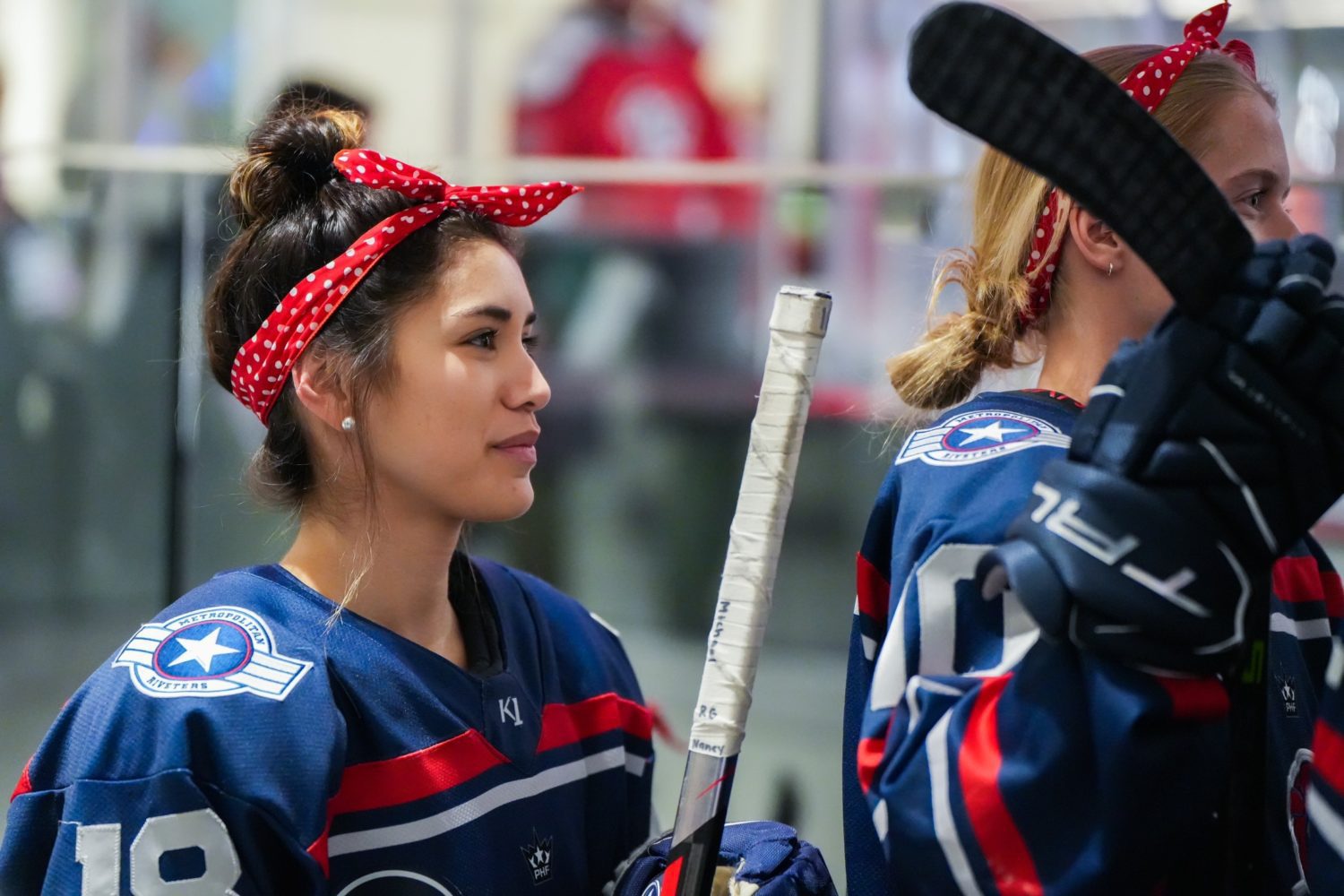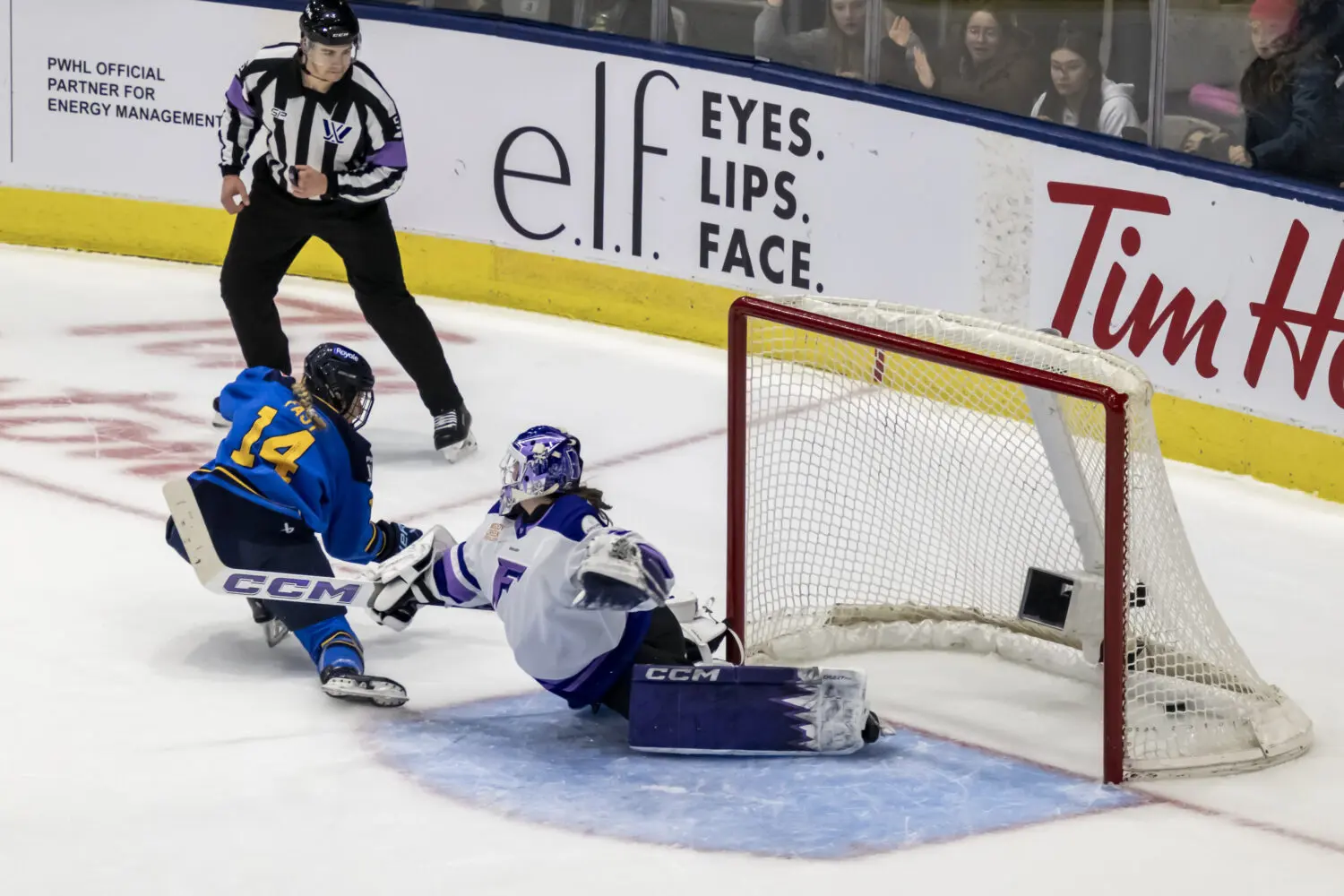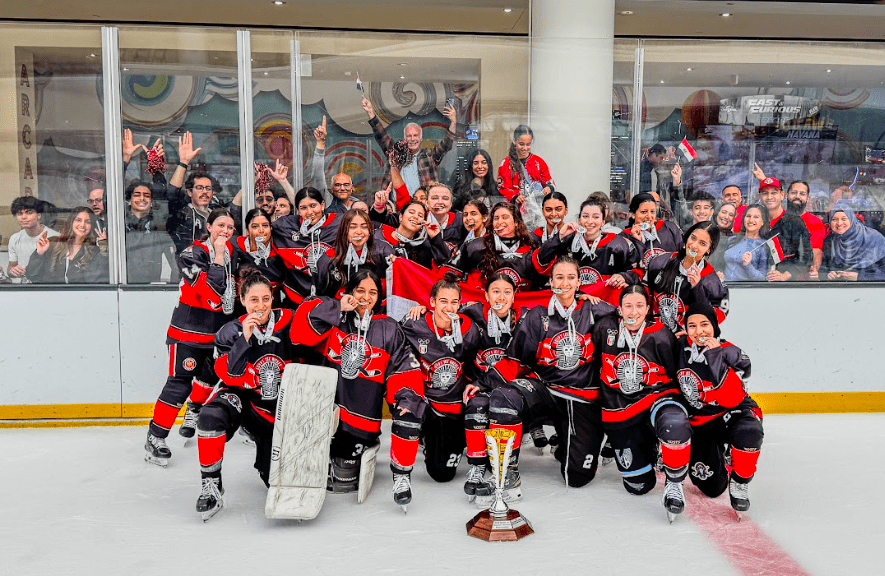“Uhhh, can you read my mind?”
“Ehm… no I´m a sports psychologist, not a magician!”
First of all, let me introduce myself.
I can neither read minds, nor analyze people; I´m neither Superwoman, nor Sherlock Holmes. I´m a regular human psychologist named Angi (Andrea) Keplinger, coming from the heart of the Alps in Europe (Austria-Tirol).
I started my professional career as a sports psychologist at the Youth Olympic Games in Innsbruck (Tirol-Austria) in 2012, after I finished my university degree in psychology and two more curriculums in sports psychology & mental training and clinical & health psychology.
To make a long story short… my job is to help athletes, coaches, teams, parents, sports clubs and associations reach their goals, either in personal development or as professional athletes.
My personal goal is to help the field of psychology, with the help of the sports and mental part, to become more collected and concrete. There are so many things each one of us can do to handle difficult situations or, and this is the main thing about sports psychology, to increase our strengths and to help find and become more aware of the resources that we have within us.
The best thing and the first piece of advice I can give you, is to start with your mindset. I always say, “We have to think anyway, so why not think positive from the beginning?”
How does it come, that I´m writing this article for Women’s Hockey Life?
Simple as that, because for a few years now (since 2012, to be specific), I’ve been working with ice hockey teams, the most of which are female.
The ones I can name (as a psychologist you have a very strong obligation to secrecy), because it´s official from the associations side, is the U16, U18, and national female ice hockey team of Austria.
I´ve seen them winning and I´ve seen them losing. I’ve travelled with them around the world to Olympic Qualifications and World Championships to try to give them the tools to do the best they can do to make their dreams come true.
I´ve worked with chairmen, head coaches, assistant coaches, athletes and parents in individual and group settings. I´ve seen perfect and imperfect teamwork, laughter, anger, fear and a lot of tears—tears of happiness, despair, pain, struggle and many, many more (to be honest, some were even mine, but mostly because of happiness for them).
Together, we went through ups and downs, went through sunshine and storm, health and illness, but the most impressive thing about the attitude of an ice hockey player (and there´s absolutely no difference between girls or boys or women or men in this aspect) is the will and inner drive to always go and carry on, no matter what comes.
My first intention was to start the blog with the classic topic, “What is Sport Psychology”, but when I started writing, I felt an inner drive to let you know first about my intention and to make it clear that as romantic as it may sound, sport psychology is not my job, it´s my mission.
My mission is to help people find their purpose, strengths, and intrinsic motivation to do the things they love.
So, for now, stay positive!
If you feel like you want to hear more details about a topic of sports psychology, please let me know and I´ll do my best to put it in the next blog posts. You can email me directly or comment on Women’s Hockey Life’s social media (www.sportpsychologie.tirol or office@sport-gesundheits-psychologie.at )
– Angi Keplinger J
Pictures © Keplinger
[adrotate group=”1″]
Related Articles
Categories
Recent Posts
[adrotate group=”2″]

